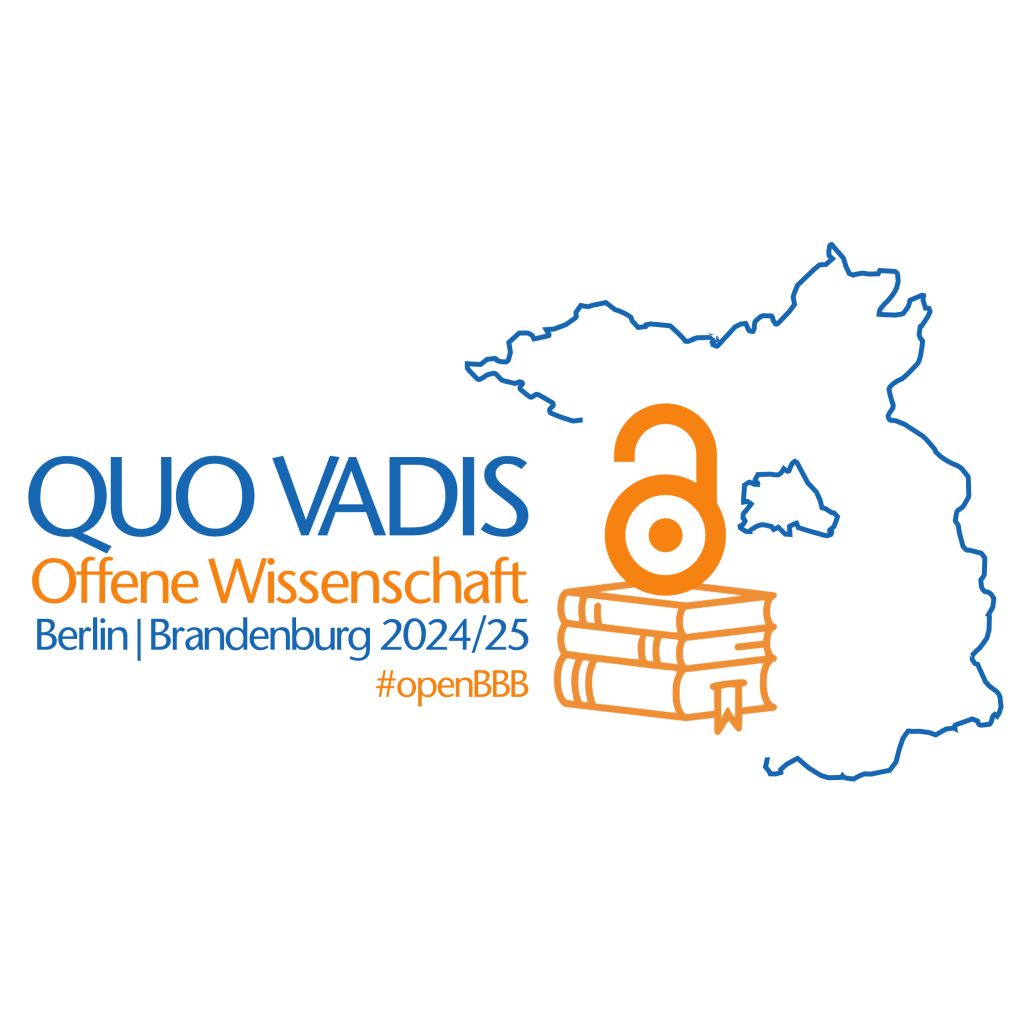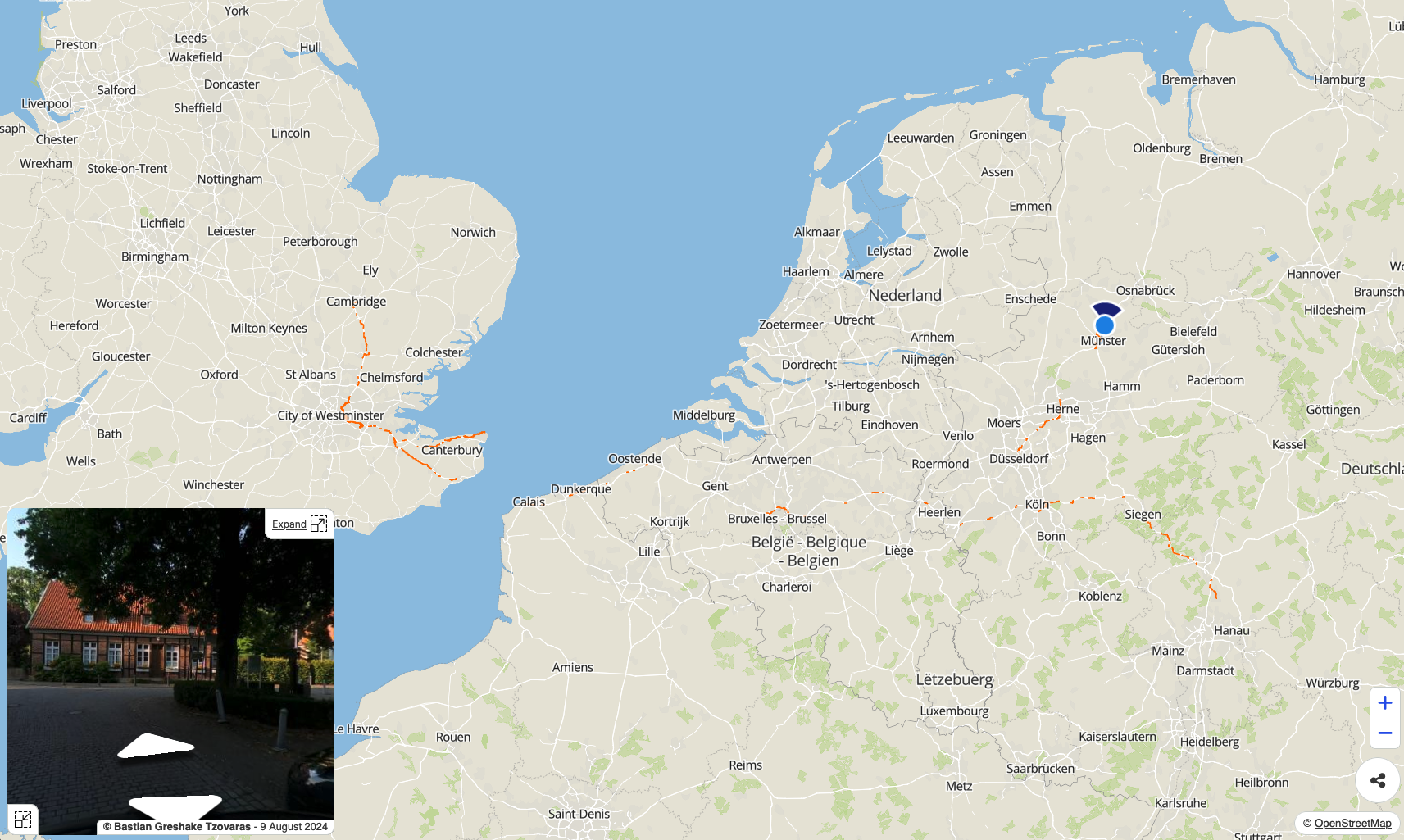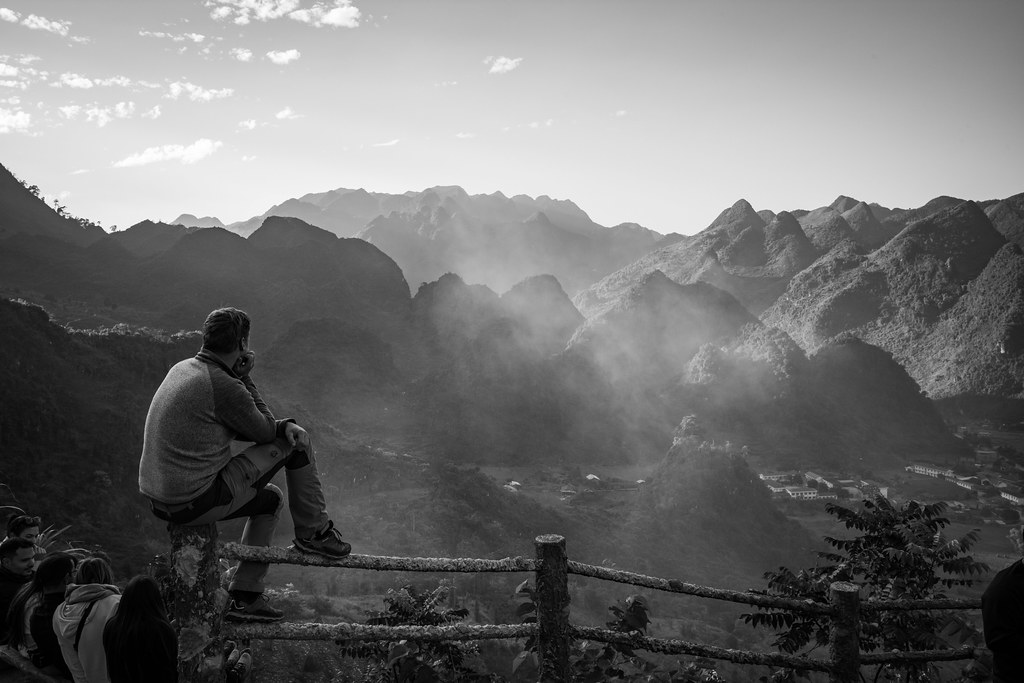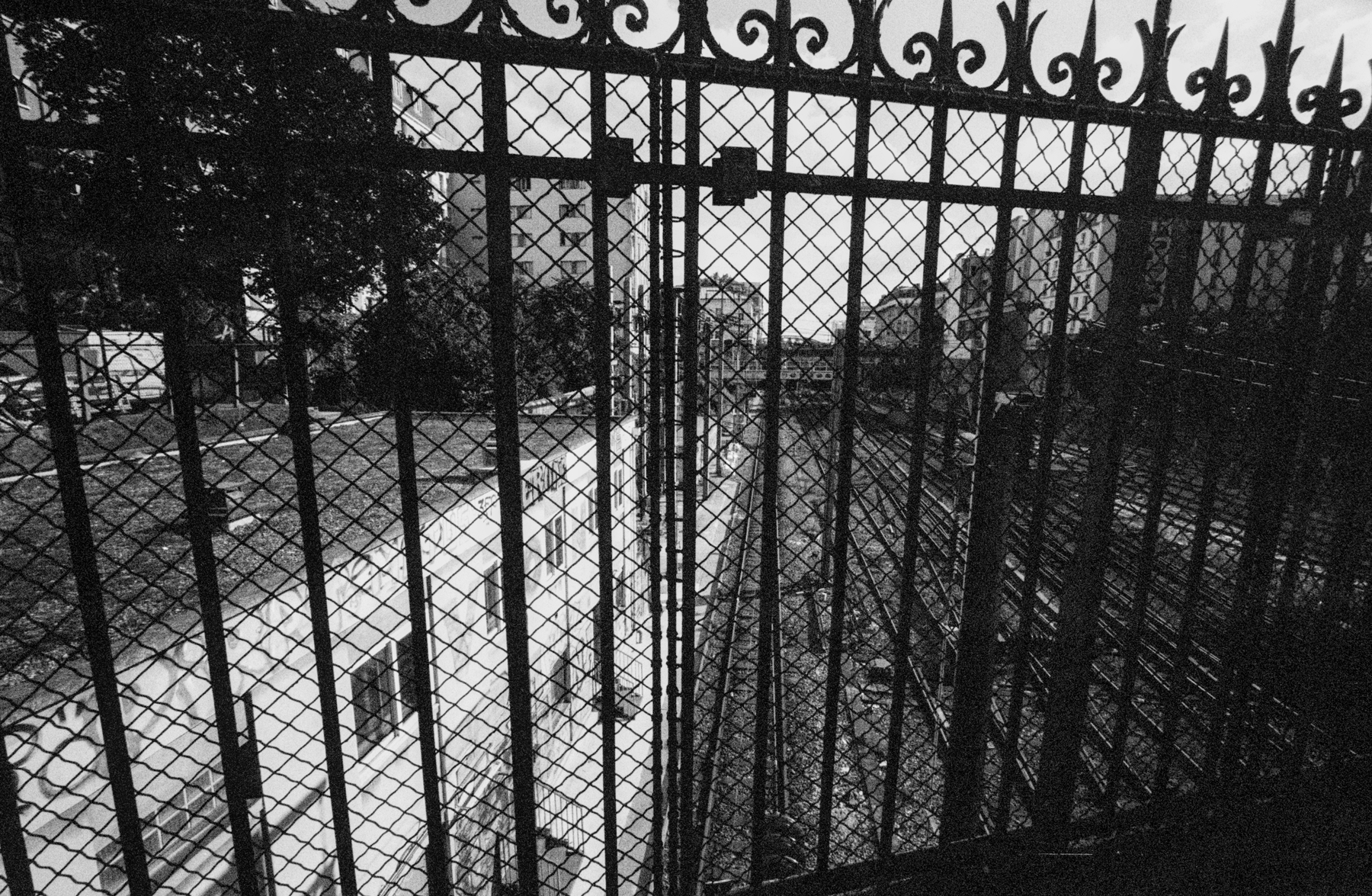Autore Team OA Brandenburg

In die Sommerruhe des Augusts trudeln einige weitere Veranstaltungshinweise, die einen sehr lebhaften und intensiven Open-Access-Herbst versprechen. Die in gut einem Monat in Köln stattfindenden
Open Access Tage 2024 zum Thema "DEAL, Diamond and beyond – Open Access zwischen Souveränität und Abhängigkeit" sind da nur ein Glanzlicht. Ein weiteres ist das kurz vorher am 05.09. stattfindende
Open Science Barcamp 2024, das diesmal in Kooperation mit der Vernetzungs- und Kompetenzstelle Open Access Brandenburg an der Fachhochschule Potsdam veranstaltet wird.
Und auch die Reihe
Quo vadis offene Wissenschaft in Berlin und Brandenburg findet diesen Herbst und bis in die erste Jahreshälfte 2025 ihre vierte Auflage. Der erste Termin und sein Thema stehen jetzt fest: In der
Auftaktveranstaltung am 21. Oktober 2024 geht es um das Open Access Monitoring und die sich daraus ergebenden "Chancen und Herausforderungen für die offene Wissenschaft". Weitere Informationen zur Veranstaltungsreihe gibt
es auf dieser Seite im Open Access Blog Berlin.
https://blogs.fu-berlin.de/open-access-berlin/2024/08/02/quo-vadis-4/








